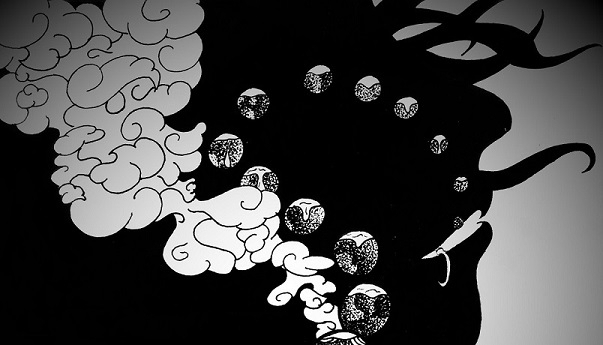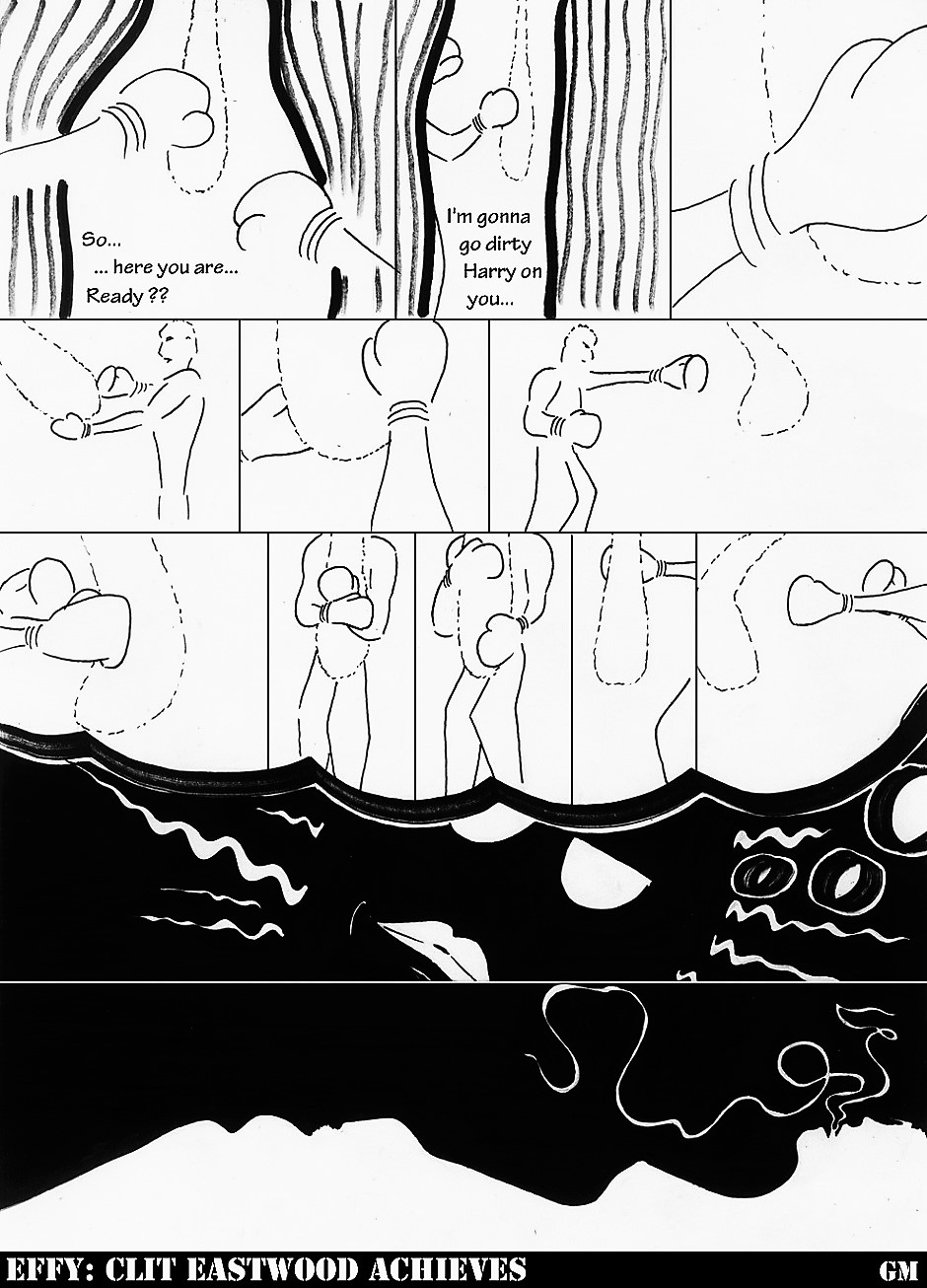

Author notes
Clit Eastwood achieves
gmaximin onOriginal article on Effy's own site:
Today is all about straight efficiency, an output based efficiency analysis. As defined before, efficiency is the ratio of desired outputs per inputs. To analyze and measure the degree of efficiency of let say a process, three main approaches can be observed: Input based / Output based / Mixed.
The omelette example
Financial efficiency being the easiest type of efficiency to measure (since all factors can be measured in monetary terms) can provide for easy example: to generate 1 unit of currency, how many unit of currency does the process use? So, I plan for tonight's dinner: mushroom omelet + salad.
Output -> a dinner valued at 90 (value include nutrition value and pleasure), rubbish (eggshell) and smoke valued at -10 = 80.
Input -> raw materials (eggs 10, salad 10, dressing 10, mushroom 10) + cooking an cleaning time (20) + cooking tool usage (depreciation value of 5) + cooking energy (5) + location usage to eat (5) = 75.
Financial efficiency (we'll use profit ratio for simplicity): (80-75)/75 = 7%.
Analyzing efficiency
Input based:
Which are all approaches analyzing and measuring amount of useful and indirect resources used in a process to obtain one unit of desired output. Input based approach will focus on inputs, with a series of cost analysis, optimization, and cost reduction actions.
Benchmarking (is 20 for a cook at market rate level; is 40/75 for RM an adequate ratio; is…); sourcing & negotiation (what if we source eggs from a farmer and not supermarket to reduce intermediaries markups? what if we include more supplier to compete?); resource replacement (what if we replace mushroom by a cheaper type of mushroom? what if we recycle previous day's dressing leftover instead of doing a new dressing? what if I had my kids whose time I value less do the dishes instead of me?); process change (what if we bake the omelet instead of frying it to save on tool usage?).
Input based approach assume outputs value remain relatively stable.
Output based:
These are all approaches focusing on outputs. To trail our example, this would lead to price and quality analysis (is 80 a fair value? can it be more by increasing quality without adding resource? can it be more if I had educated my daughter to like eggs?); byproduct valorization (can eggshells have any remaining value?); waste reduction and recycling (can smoke and dirty plates be limited? can we recycle leftovers?).
Output based approach assume input remain relatively stable.
Mixed approach:
Here you play on both inputs and outputs equally: volume impact (can I get economies of scale by making 5 omelette today instead of just 1 to cover dinner for the rest of the week? would that affect value of my dinner?); marketing and selling (what if I had an extra 5 of my time to promote my omelette to my kids, creating stories around the magical benefits of eggs, so that the value of the omelette can be increased by 10?); product change (what if I add ketchup and draw a smile on the omelette? or what if I switch to fries instead?). And it goes…
There's nothing right or wrong with any of these. In reality, with complex processes need full analysis.
What about straight efficiency?
Straight efficiency is an output based approach, focusing on optimizing the output using stable resources. This is basically what Effy Creations is all about somehow and the topic of "Ambitious output / basic input" or "Effy's effy recipe". The objective is to increase the efficiency of a process / service / organization by increasing the value of the output without modifying the input. This has been the essence of diy, punk, and so many artistic movement, yet is seldom seen in the business world that dislike its non marketable simplicity.
Well in this episode, Effy definitely goes for straight efficiency: with stable inputs (fingers), she refined her own technique for the most straight and direct way to accomplish ecstasy, and she went Dirty Harry…
G.M.


Comments
Please login to comment.
Login or Register${ comment.author }} at
${ comment.author }} at